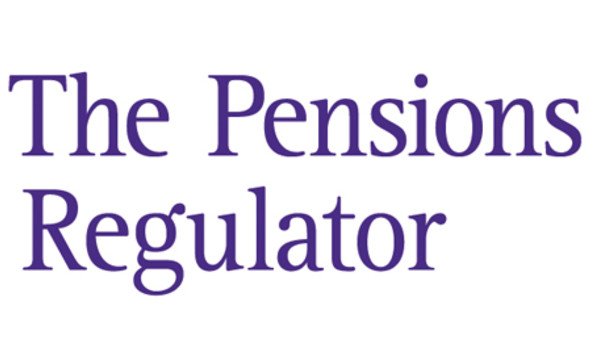

Two thirds of pension scheme members only know a little about pension scams, while just three per cent of industry experts had never heard of them, according to new figures from The Pensions Regulator.
According to the TPR’s latest ‘perceptions report’, 13 per cent of scheme members felt they were not aware of pension scams at all.
However, the report, published today (28 July) revealed that a fifth of relevant audiences - trustees, in-house administrators, pension scheme managers and third party administrators - have experienced pension scams, with this figure being higher among large schemes.
Last year’s survey did not include the same questions on scams, but did find that 85 per cent of this group said they were aware of pension liberation fraud.
This year’s statistics showed that only 3 per cent of this audience had never heard of pension scams, while around three quarters had heard of pension scams but not experienced them.
More than eight in ten (85 per cent) of this group agreed that they understand what actions are needed if they suspect a pension scam and 88 per cent were confident that the trustee board knows what action needs to be taken if a scam is suspected.
The most reported measure already undertaken was a discussion of pension scams at trustee meetings, with two thirds of those who were aware of pension scams saying this has already been done.
Schemes were least likely to have added pension scams to their risk register (44 per cent) or to have used the checklist in the pension scams action pack (49 per cent).
Around a third of these pension professionals reported that the scheme suspected members’ transfer requests were associated with pension scam activity. Where this had occurred, it was most commonly reported to have happened once (27 per cent) or twice (18 per cent) in the previous twelve months. However 15 per cent said this had occurred more than five times in the previous twelve months.
Schemes that had been suspicious of pension scam activity typically withheld or delayed members’ transfer requests owing to such suspicions (80 per cent), while in 19 per cent of cases, suspicions had not led to a member’s transfer request being refused.
At the end of last week, national data collected by City of London police and reported by FTAdviser parent paper the Financial Times, revealed that pension scam losses increased 235 per cent in May to £4.7m from £1.4m in April.
There were 3,704 reports of pension liberation fraud in the two years to May 2015, with combined losses of around £25m and average losses of around £15,000.
To date, the Pensions Ombudsman has published 12 decisions on alleged pension liberation. In the latest decisions, the ombudsman backed Prudential in two separate complaints made by savers, stating that he cannot apply regulation respectively.
peter.walker@ft.com



